Four of My Short-Form Stories
I write short stories regarding the universe and life. Enjoy
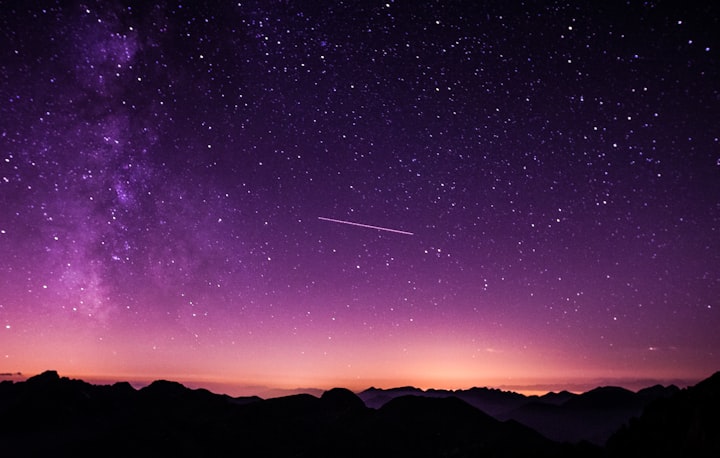
British spelling
The evolutionary path for life has been extremely long, but we have finally arrived.
Our highly developed brain has given us intelligence and curiosity; now we can try and make sense of our existence.
..........
1/4
What is the place we call the Universe?
It is a gargantuan area of space, holding an unimaginable number of celestial objects.
The universe is thought to have burst into existence 13.8 billion years ago.
It was a very different place back then, with no celestial objects like stars, planets, moons, asteroids, etc.
The universe has taken a vast amount of time to evolve into what we see today.
Scientists estimate that there could be two trillion galaxies spread throughout that unimaginable area of space.
One trillion is a 1 followed by 12 zeros. When too many zeros are added to a number, it becomes difficult for most of us to comprehend.
Imagine how many stars there must be in all of those galaxies. Some galaxies will hold millions of stars, and others will hold billions.
..........
2/4
What are rogue planets?
Not all planets are in orbit around stars.
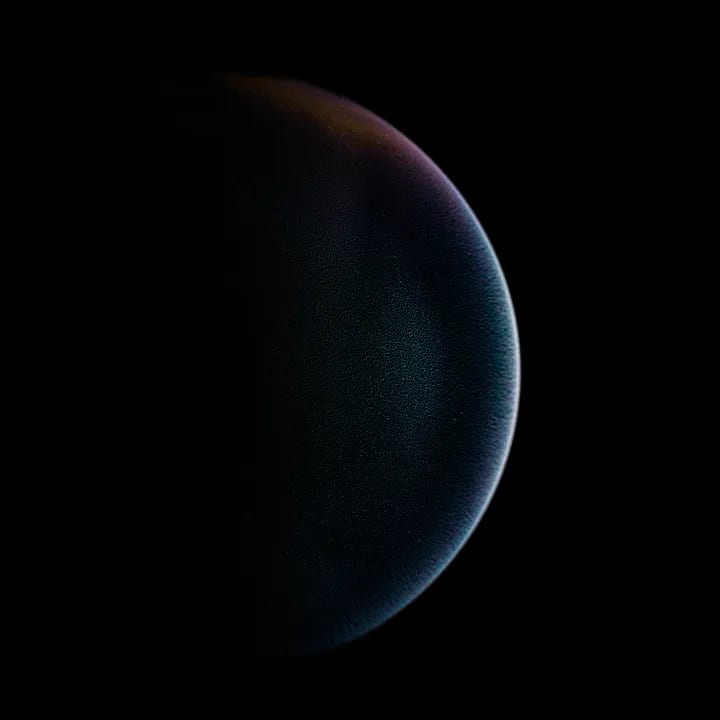
Image credit, Daniel Olah on Unsplash
As you know, our magical world, the Earth, and seven other planets orbit the sun.
But all planets don't orbit stars; there are billions of rogue planets in our own galaxy drifting aimlessly through interstellar space.
For those lonely space travellers, it will always be dark and very cold, unless they pass close to another star on their epic journeys. But the chances of encountering another star are minuscule.
We know that planets can form in a disc of material circling a young star, and they can also form in the same way as stars, in massive clouds of gas and dust.
Many rogue planets will have formed in a star system similar to our solar system. However, some can be ejected from their orbit for various reasons.
..........
3/4
What are galaxies
We live in one called the Milky Way.

Image credit, Guillermo Ferla on Unsplash
Galaxies take up huge areas of space; they contain gas, dust, and billions of star systems.
Galaxies are held together by self-gravity. Our galaxy has a supermassive black hole at its centre.
The Hubble Space Telescope looked at a small area of space for 12 days and discovered over 10,000 galaxies of all shapes and sizes. We can't count all the galaxies, but scientists think there could be 100 billion of them in the known universe.
I think it's fair to say that mankind will never be in another galaxy; the distances between them are just too vast. Even if we could travel at the speed of light, that would still be too slow.
The speed of light is almost 300,000 kilometres per second.
..........
4/4
What is a black hole?
Black holes are the most fascinating objects in the known Universe.

Image credit, G B on Unsplash
Black holes are some of the strangest and least understood objects in space.
These objects are extremely dense, with a gravitational force so strong that light can't escape.
That is the reason we can't see them directly. But we know they are there because of the effect they have on other celestial objects around them.
There are thought to be millions of them in our own galaxy, the Milky Way.
At the centre of our galaxy lies a supermassive black hole called Sagittarius A*. It contains a mass four million times that of the sun.
Sunlight travelling at 18 million kilometres per minute would take roughly 26,000 years to reach the black hole at the centre of our galaxy.
The end.
..........
About the Creator
Unravelling the Universe
We can only imagine what our early ancestors thought as they gazed up at the night sky—were they curious about what the heavens had to hide?
Enjoyed the story? Support the Creator.
Subscribe for free to receive all their stories in your feed. You could also pledge your support or give them a one-off tip, letting them know you appreciate their work.

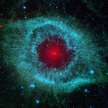


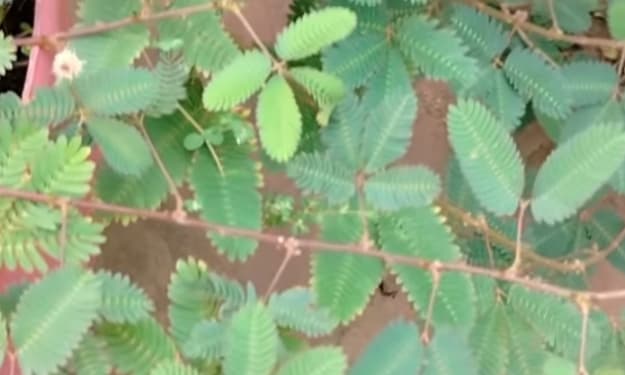
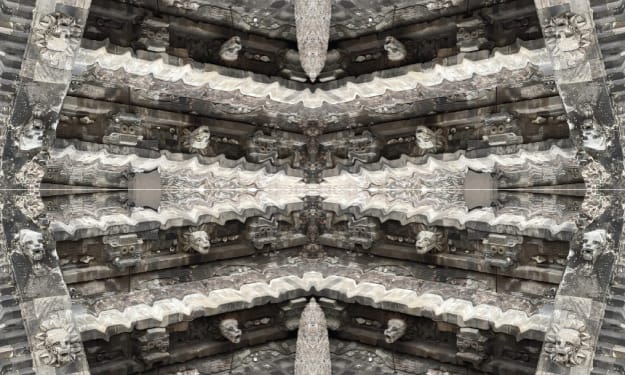
Comments (1)
Thanks for the education.